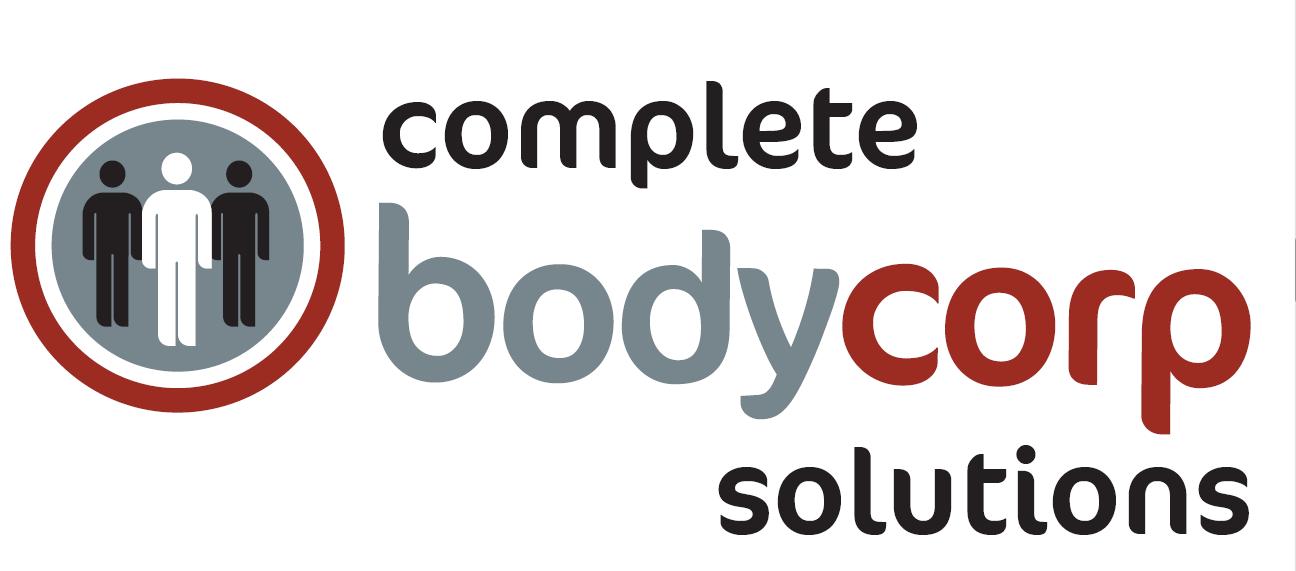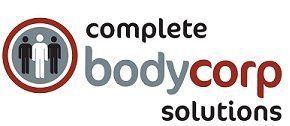CBCS Blogs
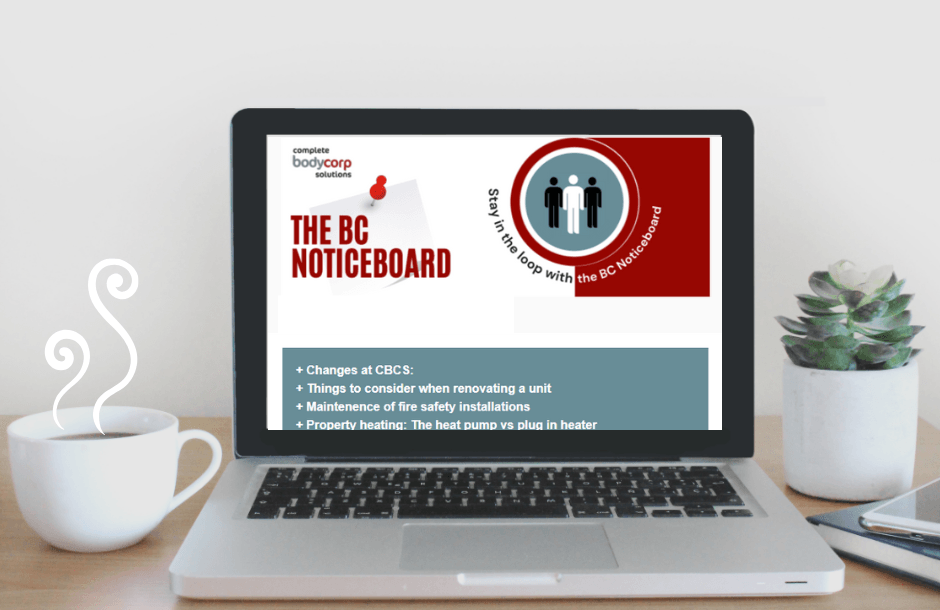
View our December 2025 BC Noticeboard - Quarterly Newsletter - Merry Christmas & CBCS Out-Of-Office-Dates - Important Notices & Reminders - New Pet Consent Rules & Pet Bonds - Effective as of 1 December 2025 - New Resource: The Body Corporate Committee Meetings Handbook - Conflict Resolution: What to Do Before It Escalates - Quick Tips: Stay On Top of Your Committee Meeting Agenda - Summer Maintenance Checklist - Stay Connected: Get weekly updates on our Facebook page! https://public2.bomamarketing.com/email/GzdW

Owning a unit in a body corporate community means sharing common spaces, amenities, and responsibilities - and with that can come the occasional disagreement. Whether it’s noise complaints, parking disputes, or a by-law breach, it’s important to address issues constructively and follow the correct process. Below, we’ve put together a brief guide on what unit owners should know about resolving conflicts in a strata environment before they escalate. 1. Start with a Calm, Direct Conversation Many issues can be resolved quickly through a respectful, private conversation. If you’re comfortable doing so, approach the other party directly and politely explain your concern. Sometimes, the other person may not even be aware there’s an issue. 💡 Tip: Avoid approaching someone in the heat of the moment - wait until you can speak calmly and clearly. 2. Check the By-Laws First Before making a complaint, it’s worth confirming whether the issue actually breaches a by-law. Common by-laws cover: Noise limits Parking rules Use of balconies or common areas Pet ownership Renovations or alterations If you're unsure, contact your body corporate manager (that's us!) for guidance or request a copy of the by-laws. 3. Put It in Writing if Needed If a direct conversation hasn’t resolved the issue (or if you don’t feel comfortable initiating one), the next step is to submit a written complaint to the body corporate or strata manager. Be clear, factual, and avoid emotional language. Include: The nature of the issue Dates/times of incidents (if applicable) Any steps you’ve already taken 💡 Reminder: The body corporate can only act on matters that fall within its authority - private disputes that don’t breach by-laws may be outside its jurisdiction. 4. Give the Process Time to Work Once a complaint is submitted, the committee or manager will assess the situation. This might involve issuing a breach notice, seeking further information, or inviting both parties to discuss the issue. It’s important to give the process time - rushing or pushing for immediate outcomes can sometimes inflame the situation. 5. Mediation or Dispute Resolution If informal approaches and formal notices don’t resolve the matter, you may need to escalate the issue through mediation through services like Disputes Tribunal or Tenancy Tribunal (which can handle body corporate disputes). Mediation helps find a compromise without going to court. If mediation fails, you may escalate to formal hearings or court action, but this should always be a last resort. 💡 Tip: Document everything - emails, notes, or reports - if you believe you’ll need to take the matter further. Final Thought Disputes are never pleasant, but they can often be resolved without legal action if handled early and respectfully. As a unit owner, knowing the correct process protects both your rights and your community’s peace of mind. For more information on dealing with disputes, please don't hesitate to get in touch with our team at 04 970 5435. You can also refer to your scheme’s by-laws.

At CBCS, we’re dedicated to supporting body corporate committees with practical, relevant tools and resources. We understand how complex body corporate responsibilities can be - and we’re here to help make things clearer and easier wherever we can. As we continue building our Resources Hub, we want to ensure it’s filled with useful, easy-to-follow content that meets the real needs of committee members and owners. If there are specific guidebooks, tools, or resources you’d find helpful, we’d love to hear your suggestions. Whether it’s a topic you’ve been unsure about or something you think others in the community would benefit from, let us know! Email us at admin@cbcs.nz - we’d love to hear from you.

As we move into the latter half of the year, we’d like to thank all our Body Corporates for their continued patience and understanding during AGM season. It’s always a busy time for our team, and we truly appreciate your support as we work through a high volume of meetings and enquiries. If your AGM hasn’t been held yet, now’s the perfect time to: Review your previous meeting minutes Familiarise yourself with the agenda Think about any questions or issues you’d like to raise Remember, attending your AGM (in person or virtually) helps ensure transparency and effective decision-making. Can’t make it? You can appoint a proxy to vote on your behalf or submit your vote by post. We’re here to help - so if you have any questions or need assistance, please don’t hesitate to get in touch on 04 970 5435.

View our April 2025 BC Noticeboard - Quarterly Newsletter - Welcome - Important Notices & Reminders - Pet Consent Rules and Pet Bond: Upcoming Changes - Staff Update: Marjaana Kalliosalo - Know Your By-Laws: Common Property vs. Lot Property - Quick Tips: Label Your Letterbox and Intercom Clearly - Spring Maintenance Checklist - Stay Connected: Get weekly updates on our Facebook page! https://public2.bomamarketing.com/email/Wwl9
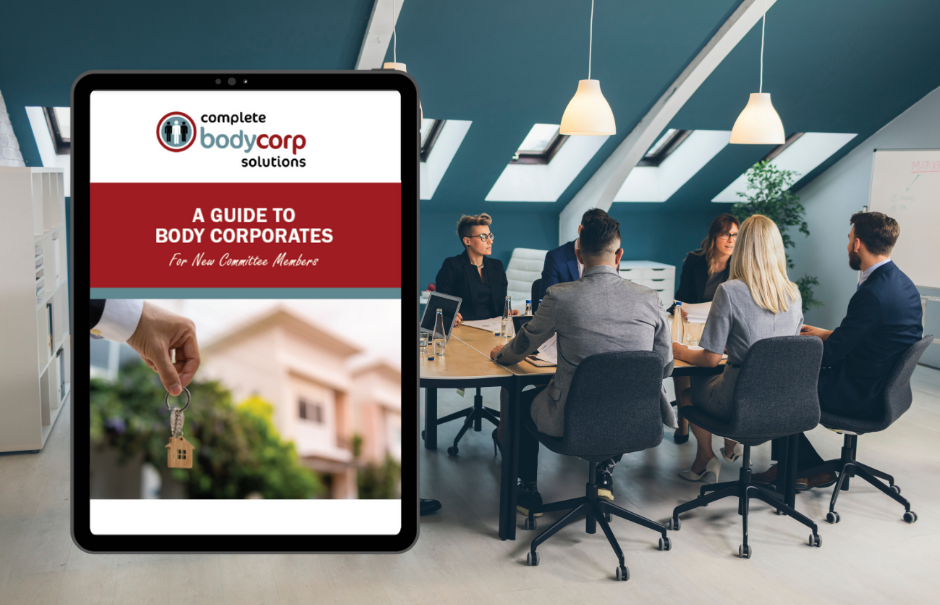
Good news!! We’ve just released another brand-new resource: our Guide to Body Corporates (For New Committee Members). Whether you’re new to a committee or want to refresh your knowledge, this guide covers how body corporates work, your role and responsibilities, and how we support you as your Body Corporate Manager. Download it now from our new Resources Hub: https://www.cbcs.nz/resources-hub

New Resource Alert: AGM Handbook Now Available! We’re excited to announce that we've just launched our brand-new Guide to Body Corporate AGMs - a practical, easy-to-follow handbook designed to support you through every step of the AGM process. Whether you’re attending your very first meeting or have years of experience as a committee member, this guide is packed with tips, insights, and handy information to help you feel prepared and confident. Download it now from our new Resources Hub: https://www.cbcs.nz/resources-hub This is just the beginning! We’re committed to building more helpful tools for our CBCS community. Got ideas for future resources? We’d love to hear them - send us a message or email us at admin@cbcs.nz.
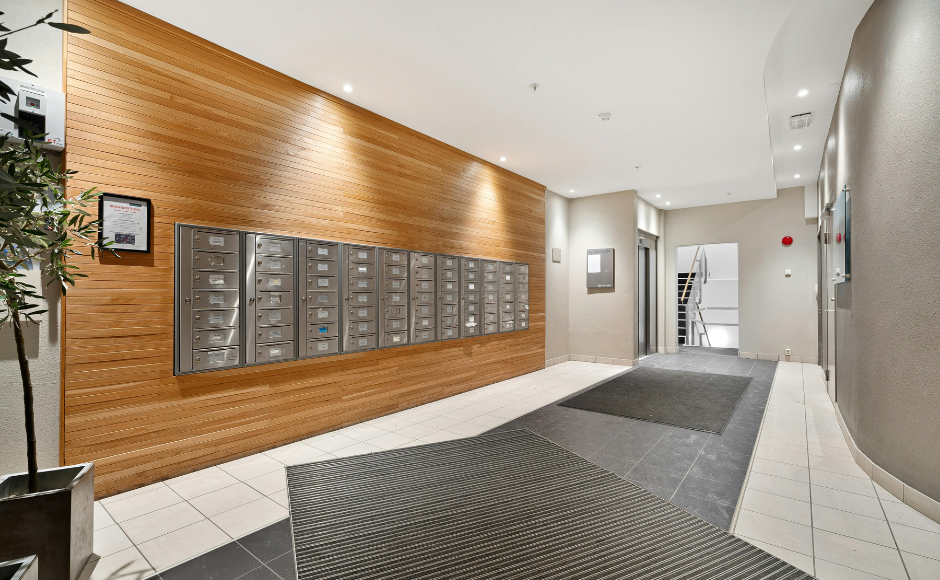
Understanding what areas fall under common property versus individual lot property can help avoid confusion, especially when it comes to repairs, maintenance, or making changes. Here’s a quick refresher to help clarify who is responsible for what. Common Property: Managed and maintained by the Body Corporate. This usually includes: • External walls, roofing, and gutters • Driveways, visitor parking • Hallways, stairwells, lifts • Shared garden or recreational areas Lot Property: Owned and maintained by the individual lot owner. This generally includes: • Interior walls, flooring, ceilings • Fixtures (e.g., lights, taps, appliances) • Exclusive use areas (like courtyards or balconies), depending on your scheme Why it matters: Before making renovations or reporting an issue, it’s important to know whether it falls under your responsibility or the Body Corporate’s. If you're unsure, you can check your plan of subdivision or simply contact us on at 04 970 5435 - we're happy to help!

Thinking of buying into a Body Corporate property? Here's What to look for in a well- managed building Before you fall in love with the views or the location, take a closer look at how the property is managed - it can make all the difference in your living experience and your investment. Here are a few signs of a well run body corporate: Clear Communication - Are meeting minutes, notices, and updates easy to access and understand? Well-Maintained Common Areas - Clean, safe, and regularly maintained shared spaces signal proactive management. Healthy Financials - Ask for a copy of the most recent financial statement. A well-managed property will have realistic budgets and a healthy sinking fund. Updated By- Laws - Modern, reasonable by-laws help promote a peaceful, fair community. Responsive Body Corporate Manager - Quick, professional responses to queries or maintenance issues are a huge plus. Buying into a well-managed building means fewer headaches, smoother maintenance, and better long-term value. Have questions about body corporate management or what to look for? Give us a call today on 04 970 5435 , we’re here to help!
